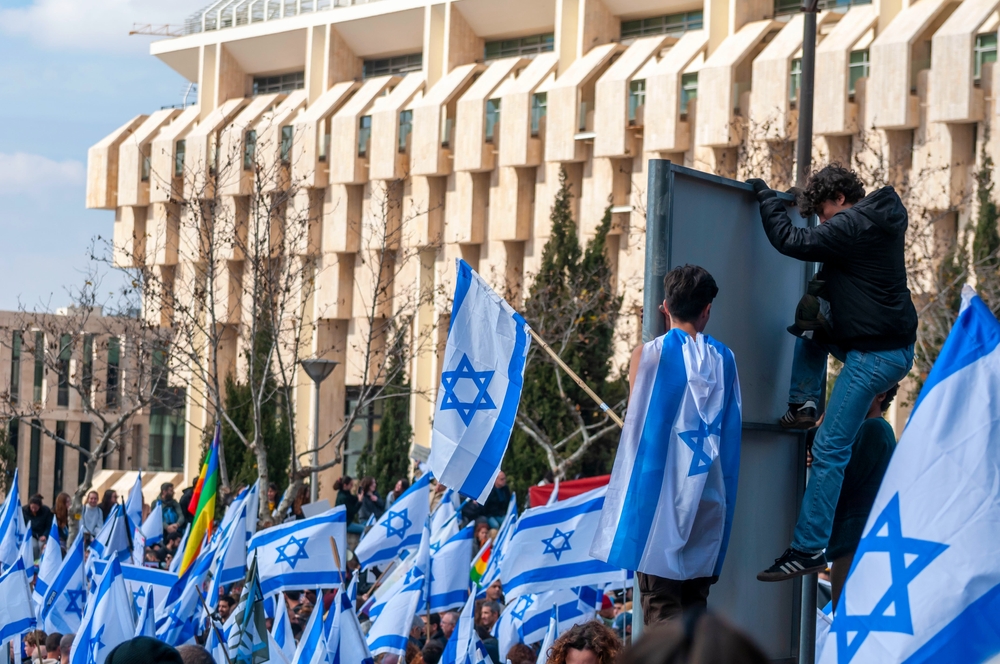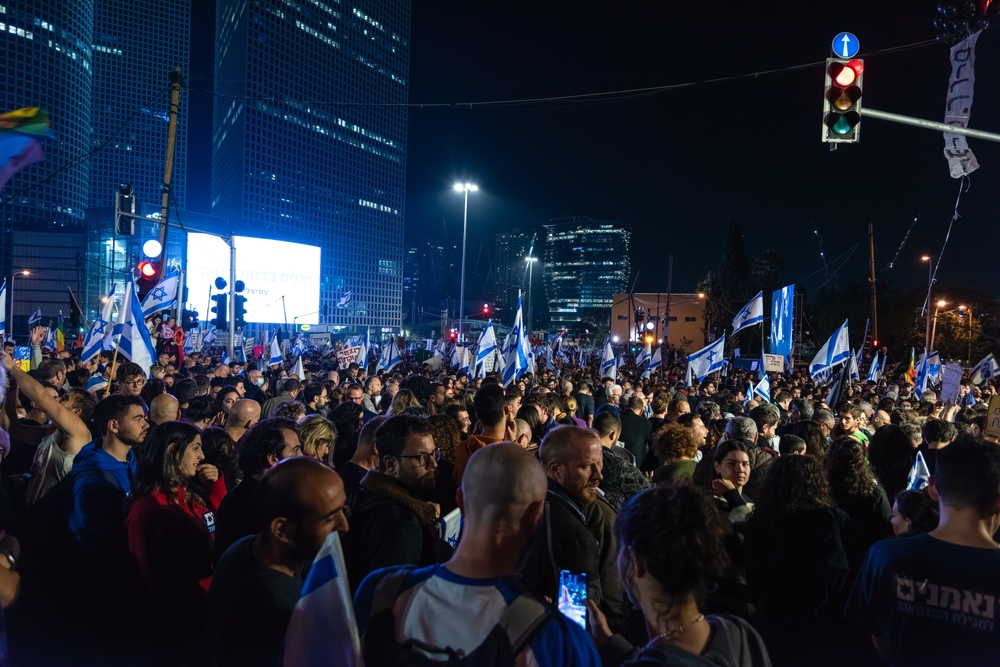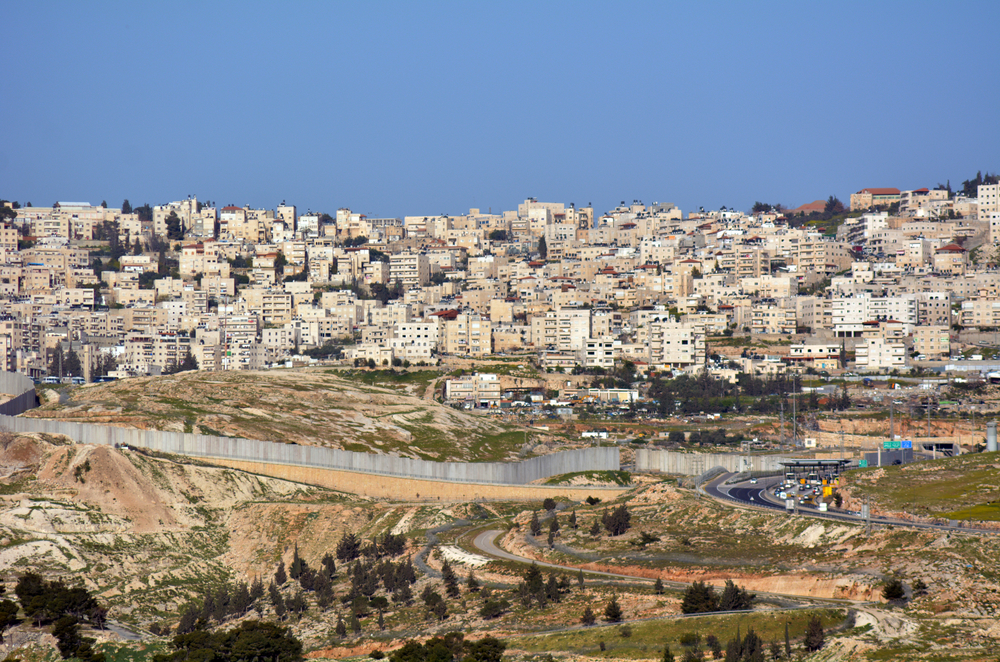Israel is facing an unprecedented level of crisis both internally and externally. A rise in violence between Israeli settlers and Palestinians has become the worst flare up of violence in more than 20 years leading many to believe the conflict is on the verge of a third intifada. Simultaneously, the country has been rocked by widespread protests for over two months. Last week these protests grew into the greatest anti-government demonstrations in the country’s history. Although these two crises are unrelated and come from very different directions, their timing presents a defining and unprecedented threat to the nation’s security.
Widespread Protests
Benjamin Netanyahu is the longest serving Prime Minister in Israel’s history, but that record has not been easily won. In 2020 he became the first prime minister to stand trial for corruption charges while in office. The following year his unpopular policies during the pandemic led to his ouster from office. That ouster was short-lived. At the end of 2022, he was reelected again to the prime minister’s office. Although successful as a political leader, Netanyahu has become a polarizing figure in Israel. He is one of the top targets of the mass protests surging in Israel for the last ten weeks.
Under the guise of reform, Netanyahu has sought to create new rules within Israel’s government that would allow a majority in the Knesset (Israel’s parliament) to overrule the Supreme Court. This would eliminate the last remaining obstacle to Netanyahu’s hardline policies.
Critics say it is a move out of the authoritarian leaders’ handbook. Members of the Mossad, Israeli Defense Forces, as well as the technology and business sectors, have joined the voice of protest against these moves. For a short period, members of the air force refused to report for duty as a signal of protest against the political proposals. The issue has divided Israeli society, led to fears for the future of the country’s democracy and prompted warnings of political violence and even civil war
Hundreds of thousands of Israelis have taken to the streets and more over the last ten weeks, often shutting down traffic and even shipping. This weekend the protests swelled to their biggest turnouts yet.
Violence in the West Bank
Simultaneously to this upheaval, extremist Israeli settlers escalated violence among Palestinians in the West Bank. Earlier this month, Israeli settlers paraded through a Palestinian town, setting fire to homes and businesses and injuring at least 350 Palestinians. Netanyahu’s hard right government seeks to annex the entire West Bank, and these extremists are among his strongest supporters.
This latest round of violence has followed the typical pattern of tit-for-tat between Israeli and Palestinian extremists, with innocent civilians caught in the crossfire on both sides. Previous hardliners among the Palestinians have been largely subdued since the end of the second intifada in 2005, but amid this new outbreak of violence, new and younger extremists are beginning to move to the forefront. These new groups operate outside the control of leaders and organizations who have learned to work toward moderation with centrist figures in the Israeli government.
According to a recent article in the New York Times:
In 2022, there were 61 shooting attacks, one of them deadly, on Israeli soldiers and civilians in and around the city, up from only three attacks in 2020, according to Israeli military records. These attacks have prompted an increasingly forceful and even erratic Israeli military campaign. More than 60 Palestinians have been killed in the West Bank so far this year, the deadliest start to any year this century in the territory, according to Palestinian officials.
Learn the History of the Israeli-Palestinian Conflict here








[…] A Two Headed Crisis in Israel […]
Comments are closed.